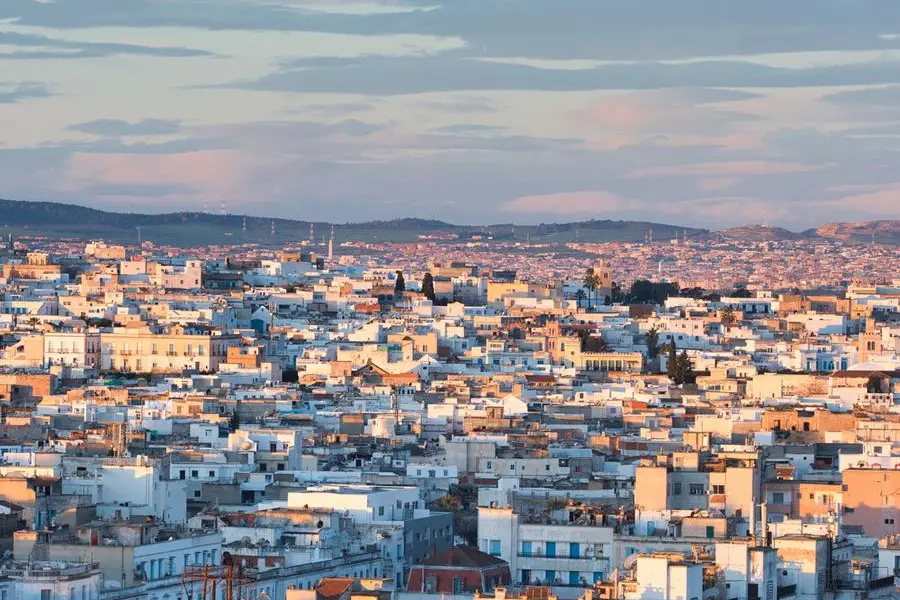PHOTO
Tunisia has seen signs of economic improvement, but the growth rate remains low and structural reforms are needed, Jihed Azour, Director of the Middle East and Central Asia Department at the International Monetary Fund (IMF), told TAP on Thursday on the sidelines of the 2024 Annual Meetings of the IMF and the World Bank Group (WB).
Azour also pointed to the lack of negotiations between the IMF and Tunisia on new financing.
Interview:
TAP: What is your assessment of the current economic situation in Tunisia?
Azour: Tunisia's economic situation has shown some signs of improvement, especially at the level of foreign trade and agriculture, but growth remains low at 1.6 per cent in 2024 and 2025, according to the IMF forecast published on Tuesday in its World Economic Outlook report. This is the weakest level among all North African countries, Egypt 4.1 per cent, Mauritania 4.2 per cent, Morocco 3.6 per cent and Algeria 3 per cent in 2025.
The Tunisian economy is currently facing major challenges related to the need to create jobs and develop the volume of investment.
TAP: What reforms do you think are needed to boost national economic growth?
Azour: The Tunisian government has been able to take some measures at the level of public expenditure, but the national economy must benefit from other structural reforms that contribute to increasing the level of investment and job creation, because the IMF expects the unemployment rate to reach a high level of 16.4% in 2024.
I believe it is necessary to introduce reforms to raise the level of growth, reduce the burden on public banks and widen the financing circle. This is in addition to continuing to address the inflationary dilemma and giving the private sector more opportunities to contribute to the development of the Tunisian economy through the reform of state-owned companies.
TAP: After Tunisia received preliminary approval for financing from the IMF and negotiations were suspended until the end of 2022, are there any signs of a resumption of dialogue between the two sides, especially during the autumn meetings?
Azour: The IMF has no information on the existence of new negotiations with the Tunisian government on access to financing for the state, and the previous financing programme for which Tunisia received preliminary approval has not been finalised.
It should be recalled that in October 2022, the IMF staff and the Tunisian authorities reached an agreement to support Tunisia's economic policies with a 48-month arrangement under the Extended Fund Facility of around $1.9 billion, but negotiations between the IMF and Tunisia were hampered at the end of 2022.
In June 2023, President Kais Saied declared that in any negotiations with the IMF, solutions must not be presented in the form of diktats, adding that conventional solutions would only aggravate the social crisis and have a negative impact on the situation in Tunisia and the region as a whole. The IMF must review its proposals in order to find a solution, he argued.
The 2024 Annual Meetings of the International Monetary Fund and the World Bank Group will be held in Washington (United States) from October 21 to 26, with the participation of 191 countries.
The meetings bring together some 10,000 participants, including finance and economic ministers, government officials, central bank governors, economists, academics and representatives of civil society, to discuss the world's current economic challenges.
© Tap 2022 Provided by SyndiGate Media Inc. (Syndigate.info).





















